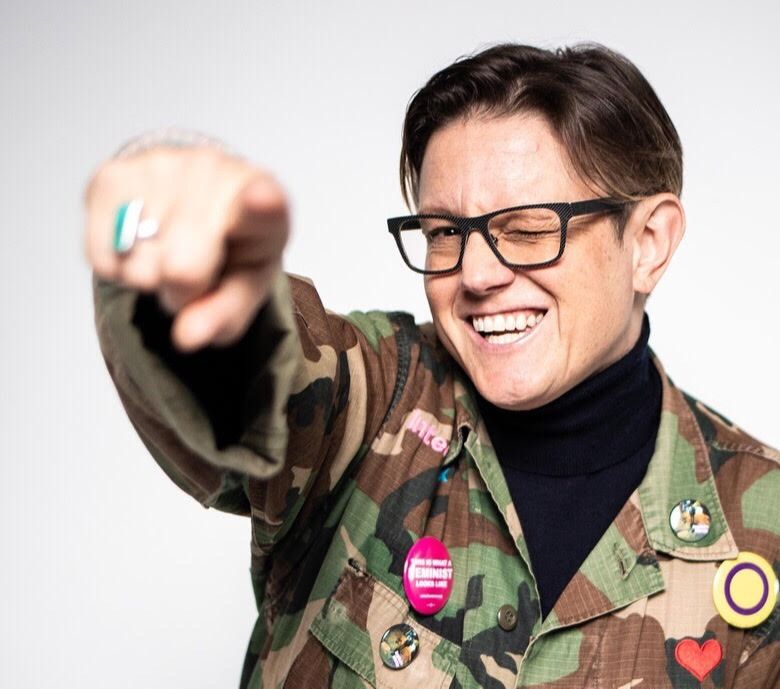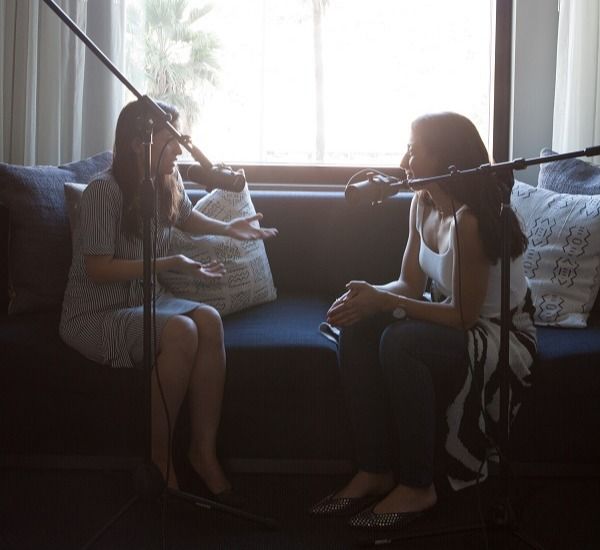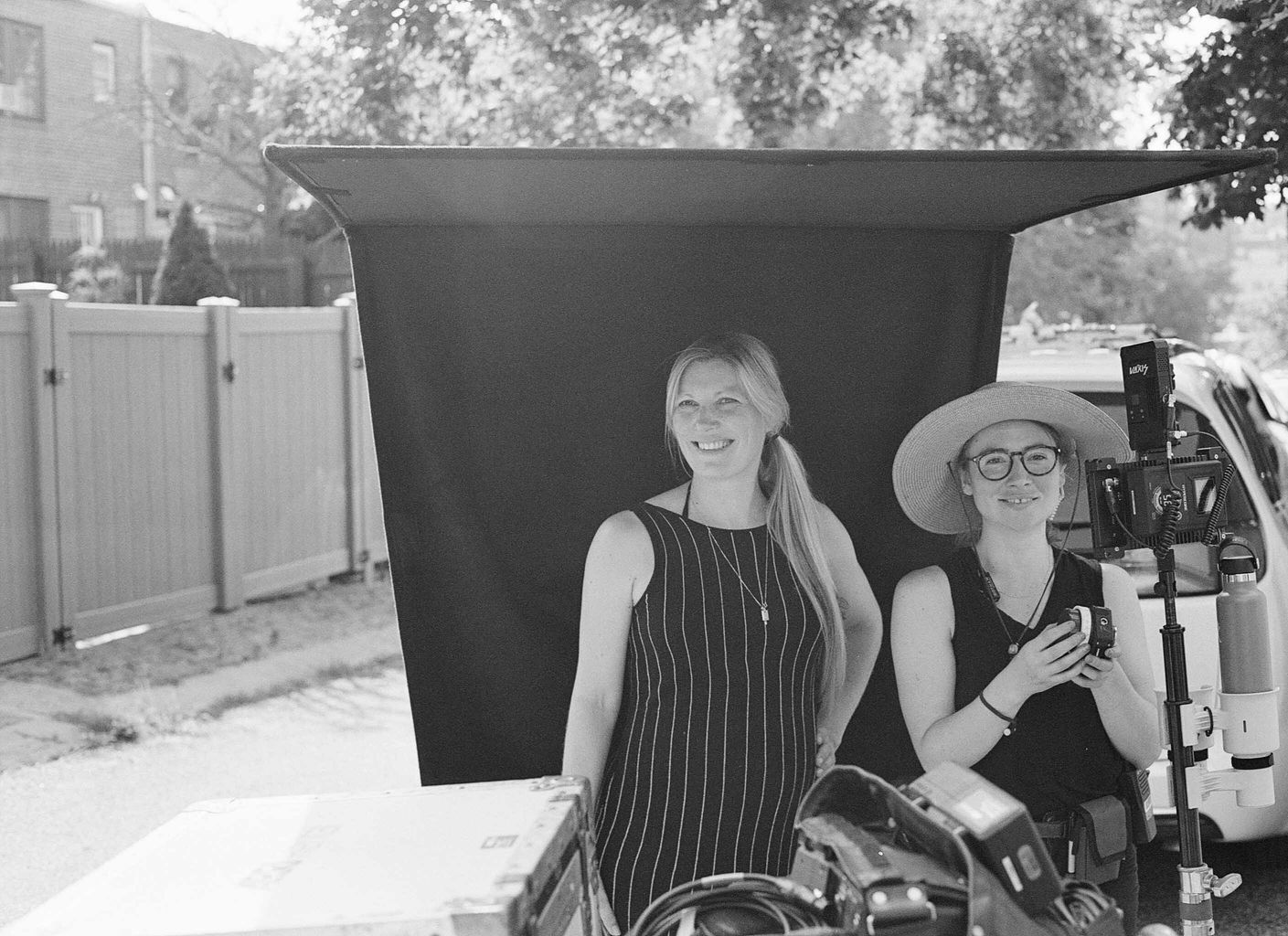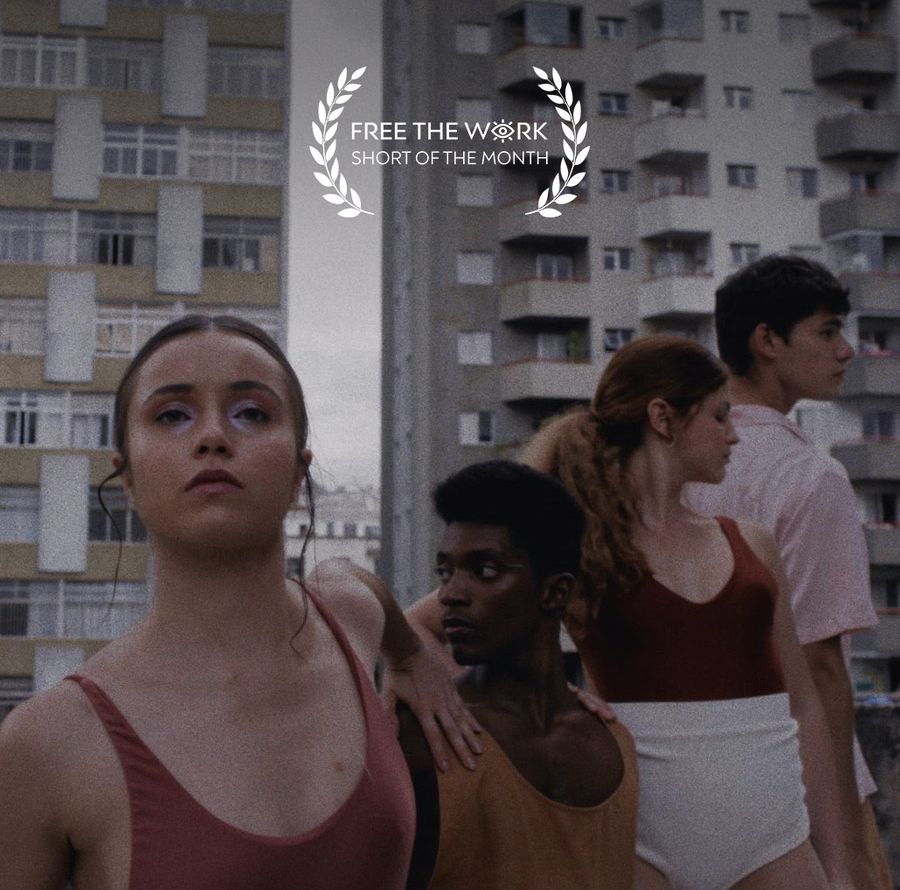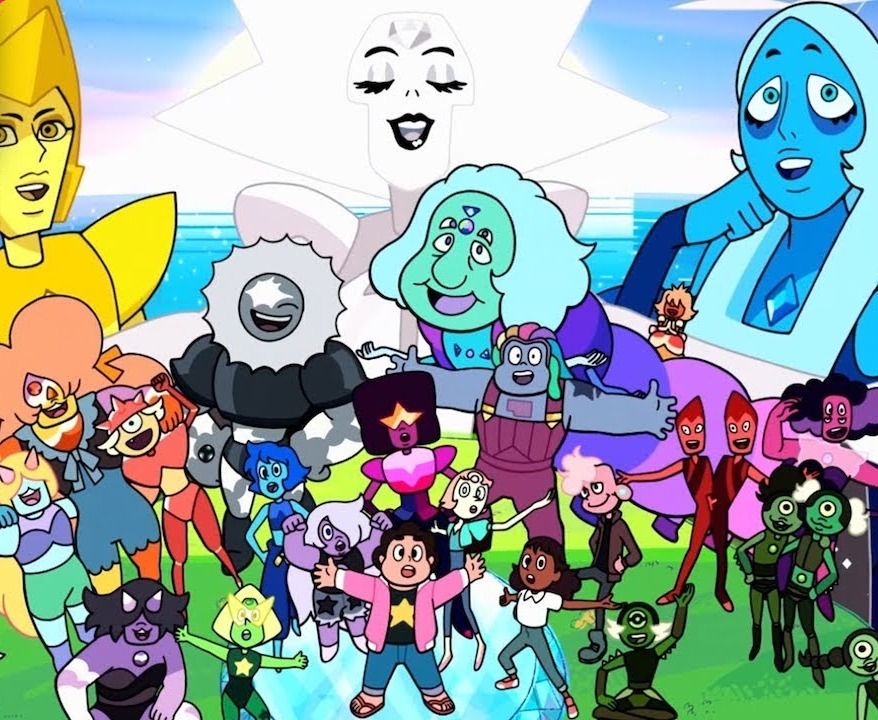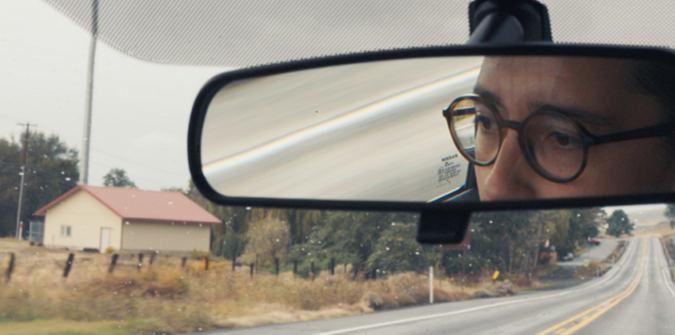How are we all doing in this coronavirus, Brave New World? Fine? When I hear “Fine,” I’m teleported back to residential rehab in 2001, and my therapist saying: “Oh, fine? Fucked-up, Insecure, Neurotic and Emotional?!” She was a total bitch. She saved my life.
COVID19 gave us a perfect storm for rocking mental wellbeing. In just a matter of weeks, it manifested Marx’s maxim, “All that’s solid melts into air.”
Now coming out of stay-at-home, lock-down, and yet still facing a risk to ourselves and vulnerable loved ones, we are all in degrees of shock, trauma, and grieving the loss of the world as it was; and many people face financial fear about the future.
Anyone with even the slightest tendency towards an addictive personality may be finding themselves in dangerous waters. Addiction is all about the c-word, Control: trying to control the feelings we don’t want and feel the ones we do. We’ve all had many things we used to be in control of ripped away from us—and it doesn't feel great.
It’s my belief and experience that in even the shittiest of times there is always a precious metal lining to be found, and we have an ancient ability to be soul alchemists—to turn this shit into pure gold.
As creatives, we are double-winners: it’s our calling to not turn away from, but instead dig into the muck, to express and to heal ourselves. In doing so, we can create work that helps others to overcome adversity.
Who Is Seven G?
In Europe, I’m a well-known addictions expert. I have been sober for over 18 years and pioneered ground-breaking, holistic treatment as an addictions counselor in London. I was the lead spokesperson for the British government on drugs, addictions, and mental health issues.
Throughout my career, I have been privileged to learn from the most incredible people, including hundreds of extraordinary clients across the spectrum of humanity. One of my proudest achievements was running Amy Winehouse’s backstage chill-out room, to help her stay clean at the Grammys in 2008, so that she could perform live and collect her five awards for Back to Black. When she died tragically in 2011, I helped her family establish The Amy Winehouse Foundation.
Like Amy, my depression and anxiety started young. I began drinking alcohol at 12, using other drugs by 14, and for the next 20 years following I was a binge addict. When my father died in 2001, I started using in ways that I couldn’t deny marked addiction.
Creativity is at the heart of all my coaching work today because it was writing and performing my stage play—Angels Are Intersex—in 2017, that lit my biggest crucible of fire and transformation. More powerfully so than even the ten months of rehab and the $100,000+ I’ve spent on therapy and training.

Before recovery and for many years in sobriety, I was skilled at hiding the truth of who I am, even from myself. I always felt like there was a Hole in My Bucket, when it came to self-love, worth, and acceptance.
The old word for my kind is hermaphrodite; I was born both female and male. Although I was labelled Female at birth, thanks to having a vagina and clitoris, when I was 8, the world eminent gynaecologist Sir John Prof Dewhurst found that I also had internal testes and XY chromosomes. He told my parents and I the damaging lie that I had “cancerous ovaries,” and they were removed. I was put on estrogen pills at age 12. My whole life I’d never felt female and had huge gender dysphoria, but I tried so hard to fit in that pink box.
After performing Angels at Son of Semele Festival, it was such a relief to kill Sarah (she/her) and give birth to the whole of me, now reborn as Seven G (they/their). Testosterone shots have been transformational on all levels.
For years in addiction, I lived in shame and terror of anyone finding out the secret of my sex. Now those same secrets are the Secrets of My Success, as a coach and creative. I’m living my dreams in LA as the Executive Producer of River Gallo’s "Ponyboi," the world’s first intersex movie, as the number one intersexy stand-up comic, as Intersex actor no. 2 (of 2) in Hollywood, and as a TV and movie writer.*
Coming back into the light from such a dark, self-hating, and self-harming place was a long and difficult path, but through my diploma in addictions therapy training at Priory Healthcare and then continued education within the UK National Health Service, I discovered that all the shittiest things I did and that were done to me, along with the comprehensiveness of my addictions, are the gold reserves that make me the go-to coach for even the most challenging and enabled clients.
*Tune into FTW's podcast episode with River Gallo discussing "Ponyboi" and authentic intersex representation.

We have the power to choose how we perceive things.
Our emotions can feel like a roller-coaster, but remember this mental health maxim: Feelings Aren’t Facts. What we focus on and the story we tell ourselves and other people always matters, never more than now.
So, how are you feeling? And where are you now?
Take a few breaths and listen to yourself: what are the first three feelings that come to mind? This mindfulness exercise anchors us where our power is, in the here and now.
Are any of these feelings influenced by some kind of mood-altering substance? If they are, no judgement—you’re not alone. Lots of people have been overindulging to get through ‘ronatime. Alcohol and ice-cream sales are massively up!
"When we are experiencing strong feelings of anxiety, grief, anger, sadness, loss, and fear, it is vital that we don’t deep dive into isolation."
Which brings me to: make a connection between your shopping cart and mental well-being.
Good nutrition is a fundamental building block of mental health. Many people with addictions, especially alcoholism, are actually sugar sensitive. If drinking too much booze or killing a tub of ice cream has become a regular thing, explore your relationship with processed sugar, with support resources—such as Radiant Recovery.
Read a good book.
It’s Keep It Simple, sure, but reading a good book is a fab way to change one's focus and reduce stress. Here’s my suggestion of a fun, easy read: Who Says I’m An Addict? A Book For Anyone Who is Partial to Food, Sex, Booze or Drugs. David Smallwood is a brilliant therapist, and we facilitated a weekly LGBTQiA+ group together on Harley Street, the historic famous road of specialist medical clinics, in London. I'm designing and starting a new, weekly, rainbow communities group over Zoom to process this Brave New World.
Or listen to a podcast.
Podcasts, especially with life coaches and mental health experts, can help you find the vocabulary and articulate feelings that you don't yet understand or know how to express.
What The Fockery? with Nadége August, covers a lot of great mental and physical health topics. Here’s me, as her addictions expert.
Reach in and reach out.
Many of us are finding that no amount of social media can compensate for real world connections with humans we love. When we are experiencing strong feelings of anxiety, grief, anger, sadness, loss, and fear, it is vital that we don’t deep dive into isolation. Instead, reach out to the healthy people in our lives and share our feelings on a daily basis. Yes, it’s a cliché—but a problem shared is a problem halved. Remember that addiction and mental illness can get progressively worse without seeking support and taking action, so give yourself a break. As the adage says, “You’re worth it!”
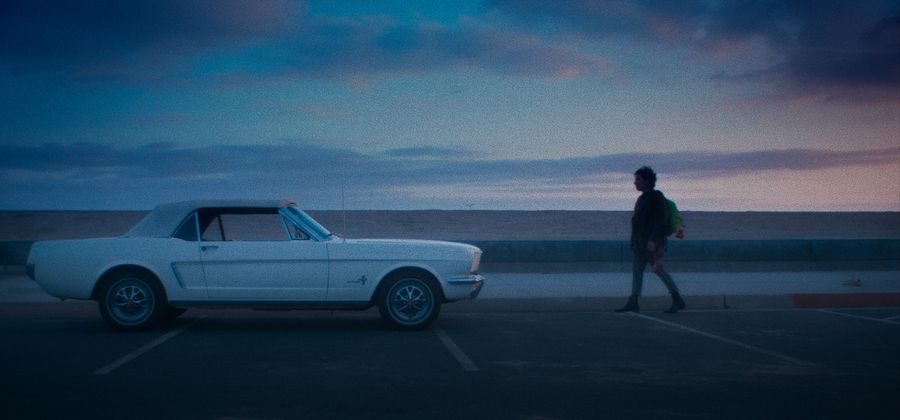
On that note, consider (virtually) attending a support meeting.
One of the silver linings that coronavirus has given us is that all of the recovery/mutual aid support fellowships—Alcoholics Anonymous, Narcotics Anonymous, Marijuana Anonymous, Cocaine Anonymous, Sex & Love Addicts Anonymous, Codependents Anonymous, Overeaters Anonymous, Al-Anon (for family & friends of an addict), SMART Recovery & Refuge Recovery, etc—have taken their meetings online. So you can now attend a supportive meeting for FREE, anytime, day or middle of the night.
Pro tip: meetings happen everywhere! Just google which fellowship you are interested in and the location. If you draw a blank, call the local area office. Some of my clients are going to meetings in places they want to go on vacation when this is all over! Add a dream trip and new friends to the vision board for an extra dose of hope. Hawaii has great meetings.
Some people are resistant to trying 12 Steps fellowships because they think they’re “religious.” Being queer, I was very hostile to the word God in the Steps. I don’t like male pronouns for any deity and, in 2020, binary-only gendering now really presses my buttons! That said, my advice to clients is go to six different meetings with an open mind and listen for the similarities and not the differences. The program is spiritual in a broad sense; there’s so much wisdom and recovery in meetings. Take what you want and leave the rest.
"When we change the story in our heads, we shift our energy, so miracles have room to manifest."
Finally, detox your mind of negativity.
When we run negative internal scripts or consume and regurgitate other peoples’, we are actively talking ourselves into negative feeling states and poisoning ourselves with stress hormones. These impact our nervous system, our immune system, and our ability to think clearly. When we change the story in our heads, we shift our energy, so miracles have room to manifest.
Here are some more ways to shift that energy:
-
Remind yourself to take it One Day At A Time, or an hour at a time, or even five minutes at a time—when the shit is really hitting the fan.
-
Exercise, ideally outside in the fresh air and sunshine, to help the body eliminate stress hormones and boost immune system function. Check out kundalini yoga classes online.
-
Daily meditation. This recalibrates the brain and increases Theta brain waves associated with deep relaxation and stress relief. There are a zillion good apps in the app store. I love Deepak and Oprah’s, and Headspace is a good starting place.
-
Pray and journal. Ask Universe/Goddex/whatever you do/or don’t yet believe in for help. If you feel silly praying, hey, this is a weird time! Go with it! From a neuroscience point of view, these activities fire up the front of the brain—your prefrontal cortex—where consciousness is located, and move you out of the amygdala, a.k.a. the old reptilian part of the brain we get stuck in when we are scared and anxious.
Once that energy shifts, channel the feelings you unlock into your creativity. Plant daily seeds (write, draw, sing, dance, dream, perform, etc) to grow the most original creative ideas and opportunities. For me, I used to be so desperately ashamed about being born with a vagina AND balls—albeit, internal testicles, or "gonads" as my first "Sit down, I'm going to be honest with you…" doctor would insist on calling them. None of the "balls" synonyms are pretty words. And having an XL clitoris as well…well you can imagine, #shamebomb. But now, through embracing the Alchemy of Authenticity and t-shots, my clit has become my glorious "clitdick," or "Baby Cobra," as I now affectionately call it, and my "Magnificent 7" stand-up set climaxes with a Clitoris Football Chant: “Clit-or-is, Clit-Or-Is, CLIT-OR-IS.” It’s so much fun, and it’s pure (comedy) gold.
The full "Ponyboi" short film is now available to stream through the Omeleto YouTube channel. Watch it below!
CONTACTS
7G Instagram https://www.instagram.com/angelsareintersex/
7 Graham Solutions https://www.facebook.com/SevenGrahamSolutions/
Email [email protected]
LINKS
MA https://marijuana-anonymous.org
SLAA https://slaafws.org
CODA https://coda.org
Al-Anon https://al-anon.org
SMART https://www.smartrecovery.org
Refuge https://refugerecovery.org
For more on the impacts of stress on the body:
https://www.ncbi.nlm.nih.gov/pmc/articles/PMC2474765/
